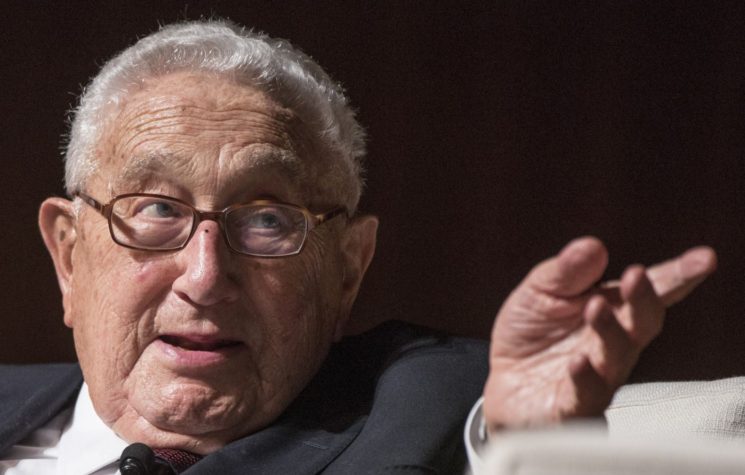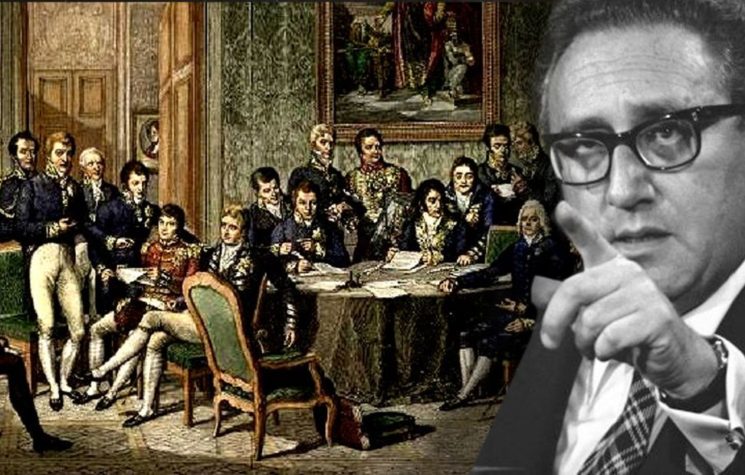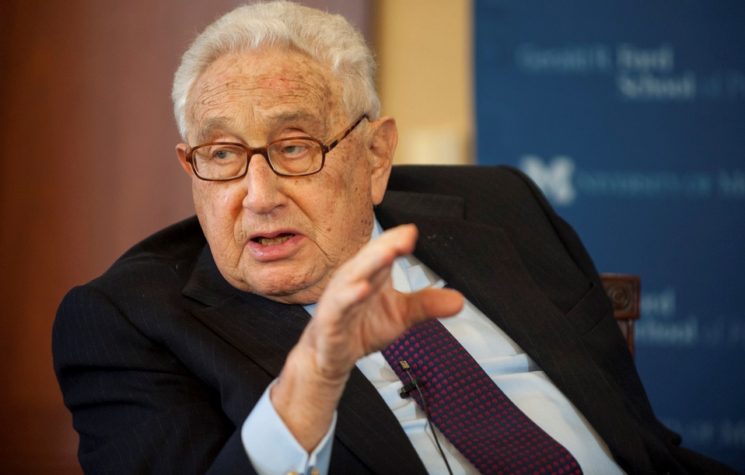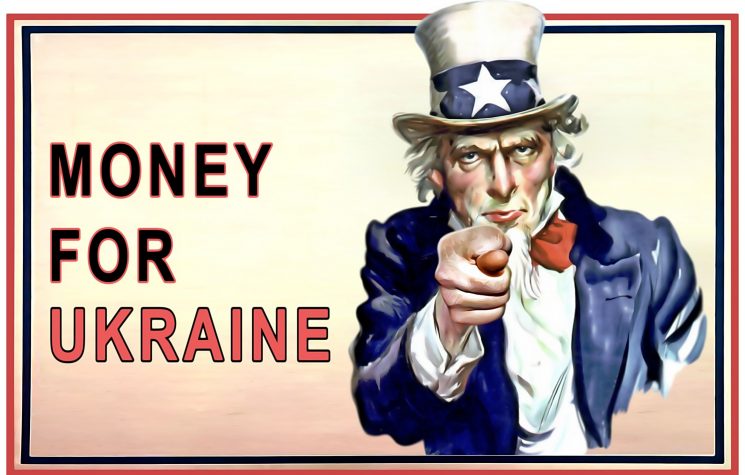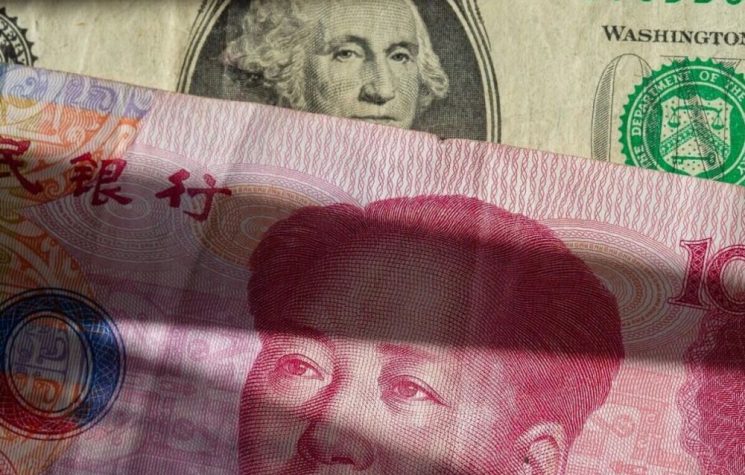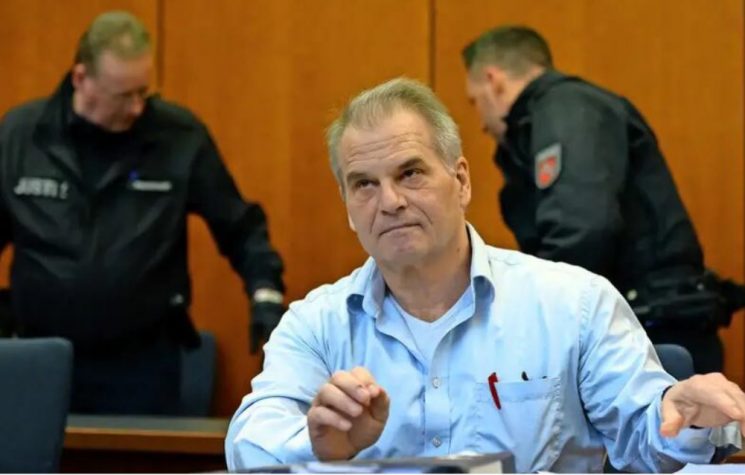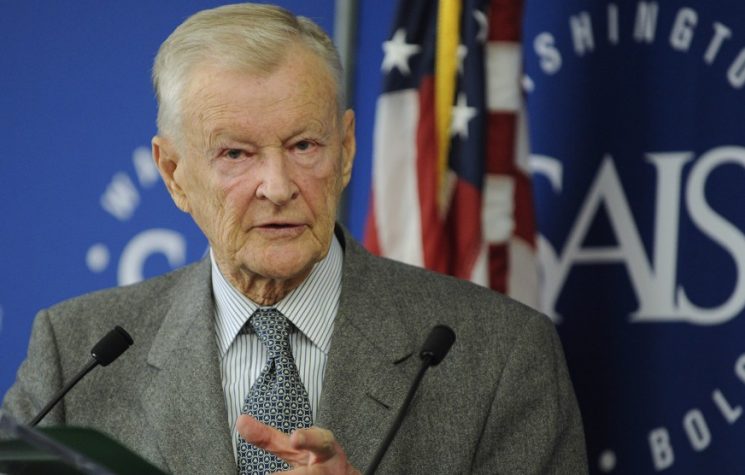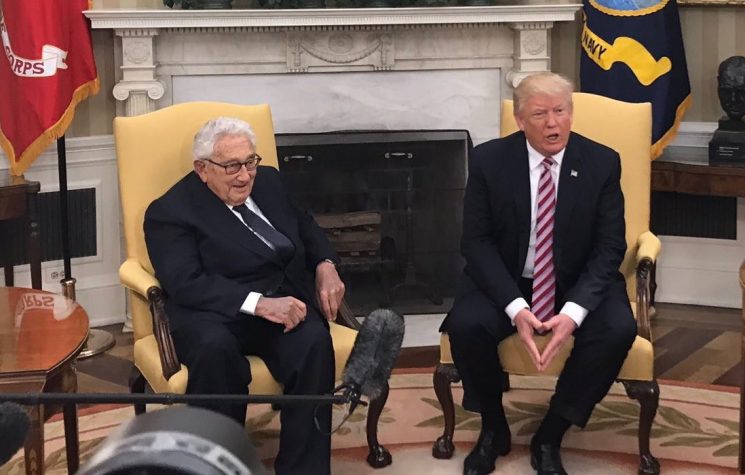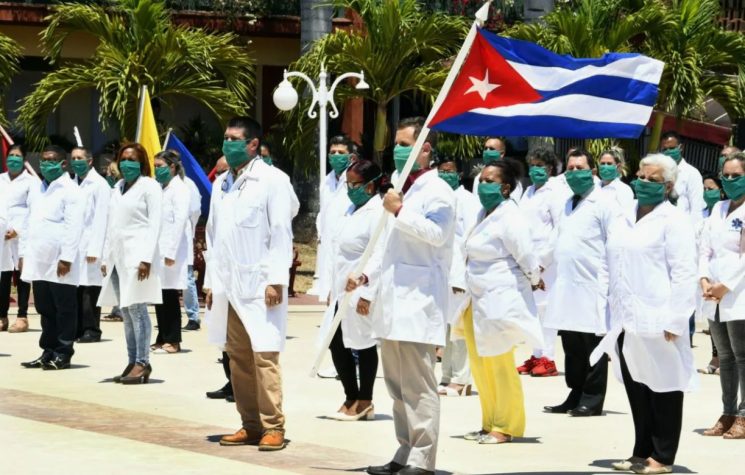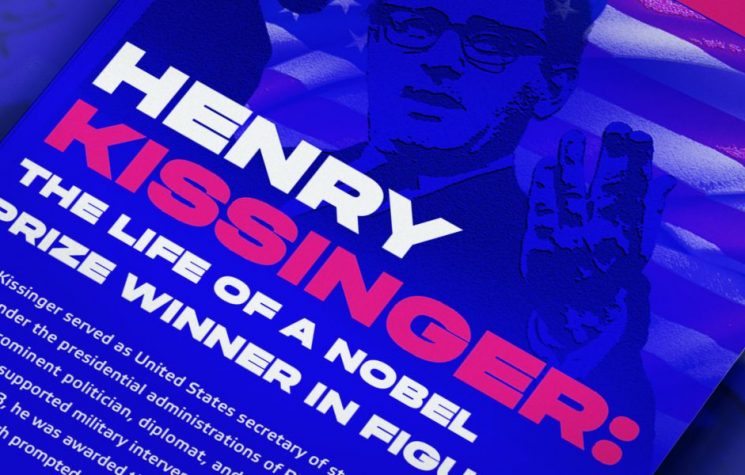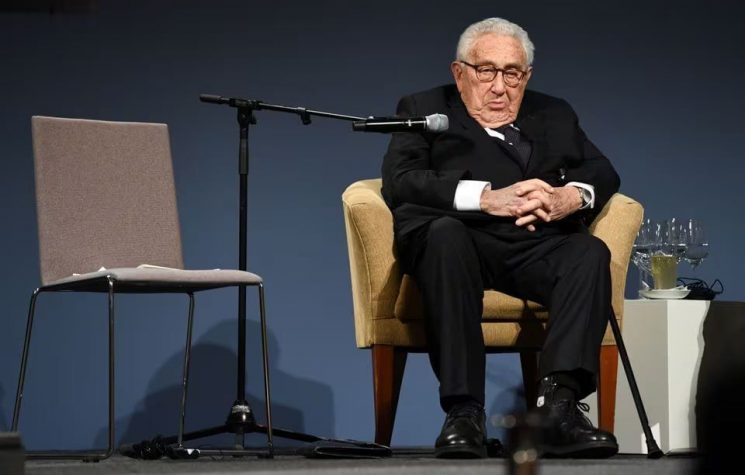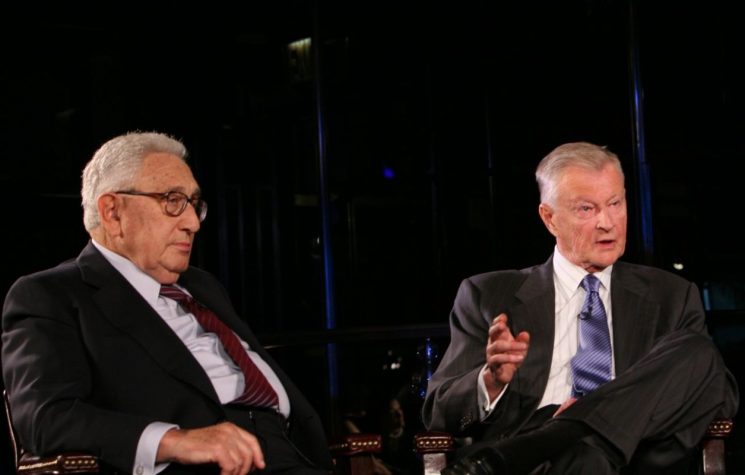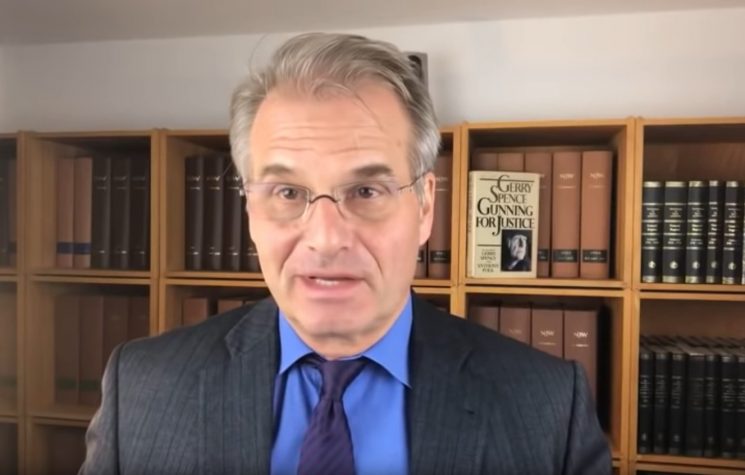Some people blog, Henry Kissinger writes and his take on the consequences of the Covid-19 virus are certainly worth analysis. Kissinger as a major insider for generations of American power speaks with a voice that reflects a certain perspective on things from deep within the Beltway that those on the outside cannot entirely see or understand. But we are free to try, because one of the most solidly connected men in the world, in his mid 90s, has decided to speak out on what is to be done after the Coronavirus situation calms down. Let’s take a look at his words and see if we can read the tea leaves.
The overall message of Kissinger’s piece seems to be an appeal to the pre-crisis status quo as the plan for the post crisis world. He wrote…
Sustaining the public trust is crucial to social solidarity, to the relation of societies with each other, and to international peace and stability.
Nations cohere and flourish on the belief that their institutions can foresee calamity, arrest its impact and restore stability. When the Covid-19 pandemic is over, many countries’ institutions will be perceived as having failed. Whether this judgment is objectively fair is irrelevant. The reality is the world will never be the same after the coronavirus. To argue now about the past only makes it harder to do what has to be done.
It seems as though Kissinger agrees with those like myself that the Coronavirus and its Anti-Globalization effects could be a game changer. Where we disagree is that Ole Henry sees this as a terrible thing indeed.If there is a mass perception that the previous status quo was a failure, it will be the catalyst to choose a different path or at the very least question it.
Just a few months ago the idea that borders would be closed and human movement would be restricted seemed impossible, as it would surely sink the global economy. True we are in an obvious economic downturn, but America is not starving to death despite migrant labor being trapped on one side of the border or the other. Yes some goods are still coming cheap from China, but a quarantined America seems far from falling due to being cut off from two dollar T-shirt supplies. A Globalized Liberal World Order that Kissinger seems to have been working towards almost his entire adult life finally has a counterargument being shoved in the faces of the masses and the elites of the entire world.
Leaders are dealing with the crisis on a largely national basis, but the virus’s society-dissolving effects do not recognize borders. While the assault on human health will – hopefully – be temporary, the political and economic upheaval it has unleashed could last for generations. No country, not even the U.S., can in a purely national effort overcome the virus. Addressing the necessities of the moment must ultimately be coupled with a global collaborative vision and program. If we cannot do both in tandem, we will face the worst of each.
Although one could argue that Globalization has lead to the Coronavirus problem, Kissinger insists that only a big sloppy bucket of more Globalization is the answer. Furthermore, this raises questions. Why exactly can’t the United States deal with this problem? From the discovery of the germ theory of medicine up until the end of the Cold War a non-Globalized world was very capable of vastly extending human life and developing medical wonders Medieval peasants could only dream of. Interestingly in the very next paragraph Kissinger seems to contradict himself…
Drawing lessons from the development of the Marshall Plan and the Manhattan Project, the U.S. is obliged to undertake a major effort in three domains. First, shore up global resilience to infectious disease. Triumphs of medical science like the polio vaccine and the eradication of smallpox, or the emerging statistical-technical marvel of medical diagnosis through artificial intelligence, have lulled us into a dangerous complacency.
As is often the case when people talk about an international community they actually mean the West/America. This coded language is very visible when one pushes for global solutions to be done unilaterally by one preferred “exceptional” state. Picking the Marshall Plan and Manhattan Projects as lessons of history is somewhat ironic given that both of them benefitted only U.S. interests at the expense of two Japanese cities and the now multi-generational occupation of Europe.
After going on to say his obvious and reasonable second point, that leadership the world over needs to focus on making international economies recover quickly, he slips into a very odd third assignment to tackle after the Coronavirus dives down.
Third, safeguard the principles of the liberal world order. The founding legend of modern government is a walled city protected by powerful rulers, sometimes despotic, other times benevolent, yet always strong enough to protect the people from an external enemy. Enlightenment thinkers reframed this concept, arguing that the purpose of the legitimate state is to provide for the fundamental needs of the people: security, order, economic well-being, and justice. Individuals cannot secure these things on their own. The pandemic has prompted an anachronism, a revival of the walled city in an age when prosperity depends on global trade and movement of people.
So in Kissinger’s first two points he lays out two different crises caused by the Covid-19 Pandemic – The need to internationally prepare for further plagues with the U.S. at the helm and the need to restore economy(ies) globally. So by that logic does that mean that the “Liberal World Order” itself is in a state of crisis?
This would seem to be the real reason why Kissinger chose to send his views to the Wall Street Journal. He seems very concerned that at the end of his lengthy, adventurous and influential life it may have been all for naught. As stated above the plague is providing a massive counter argument to the necessity of Globalization, at least in the way that many of the Neo-Liberal school would see it.
If I were a betting man I would put $100 dollars on Kissinger writing this piece out of his own fears that his life was futile. His words are in a way like a self-penned eulogy and an appeal for others to save the order that he has built. Even after winning the Cold War, opening up China and becoming the posterboy for realpolitik diplomacy achieving more than 99.99% of the human population ever will, the facts still remain that…
The Enlightenment is on the way out, last believers of it are getting older and will be gone forever in two generations. Its values will become something of a legacy belief system like Protestant churches in an Atheistic EU.
The world is not going to be Globalized around a Washington DC “papacy” and it looks like the Multipolar vision will win out slowly over time.
Kissinger’s so-called “anachronisms” will continue to grow as the citizenry of the world sees that we can live in a world with borders and separate cultures not revolving around the United States. The Liberal World Order is being challenged and it is failing to properly answer for itself.
Kissinger was a key player in building this Liberal World Order so at the end of the road we should not be surprised that he is lamenting its seemingly inevitable loss. That is the real message he is trying to send as he marches closer to infinity every waking morning.








